Caffeine is an addictive substance, a well-known fact by most people. However, not many people are aware of the true advantages and disadvantages of the daily consumption of caffeine. To start, caffeine is a stimulant: the classification for drugs that increase activity in the brain and nervous system. Stimulants—such as caffeine—can also increase the circulation of chemical hormones in the body.
Zack Fleming’s (12) favorite product that contains caffeine is soda and grew up drinking it. Fleming has grown into an avid caffeine consumer.
“[When I drink caffeine] I call it caffeine high because it activates dopamine. [Dopamine] makes you happy,” Fleming said.
Not only can caffeine increase dopamine, but it can also further the production of serotonin and noradrenaline—chemicals called “happy hormones” that your brain produces. According to a study conducted by the Harvard School of Public Health, daily coffee consumption in adults reduces the risk of suicide in both “men and women by about 50 percent.”
A survey was conducted in select advisories at Westerville North High School to understand the caffeine consumption among students. Results show that about 75% of the freshmen, juniors, and seniors surveyed consume coffee daily. Likewise, almost half of the sophomore class consumes caffeine every day.
Addison Saggio (9) remembers her roots of coffee use going back to new year’s eve. Drinking coffee and consuming caffeine would help her stay up. Nowadays, Saggio isn’t as dependent on caffeine as the majority of the students are.
“I think people are starting to drink a lot of caffeine because high school’s stressful…You’re up late, you’re up early. You have all [these responsibilities] to worry about,” Saggio said.
Saggio is involved in the theater department at North and finds it stressful to keep up with the demands of school and stay involved in extracurricular activities.
“I’m drinking coffee all the time because of how tiring [theater] gets,” Saggio said.
According to WebMD, consuming more than 400milligrams of caffeine in a day can possibly lead to feelings of anxiousness and overstimulation. Not many people are aware of this connection. Excessive intake of caffeine can increase the risk of anxiety levels rising, but there is no correlation to the causality of anxiety disorders being caffeine-related. “Nearly one in three [teenagers] will experience an anxiety disorder,” the number of youths with diagnosed anxiety has been on the rise for the past decade and a half (Healthy Children). A coffee shop was implemented last week at North. The concept was first introduced at Westerville Central High School. North decided to open a coffee shop following the success at the rival school. The coffee shop has quickly become an outlet for social connections in the student union.
“With the new coffee shop opening, I’ve been drinking a lot of coffee. I’ve had a tea [almost] every single lunch,” Saggio said
Reactions to caffeine depend on the individual. A person’s sensitivity to caffeine can decrease based on how often they consume it. Some people have reported feelings of irritability, jitters, anxiousness, headaches, and including but not limited to, digestive issues. This also can depend on a person’s own weight, age, and sex (Kids Health). Possible benefits of coffee may include: lowering the risk of diseases like Alzheimer’s and Type II diabetes. It also can contribute to burning fat, weight loss, and helping people focus.
Jade Rowell (11) found soda being the first love for caffeinated beverages. Staying in the carbonated family, Rowell is now a big fan of energy drinks.
“I didn’t get started on caffeine until a friend of mine got me hooked on it… It really helps my anxiety,” Rowell said.
It’s important to note that quitting your caffeine consumption does not have the same amount of painful effects that others may assume. The worst symptoms you can experience when you decide to stop drinking caffeine are headaches, trouble concentrating, and feeling more fatigued than usual. The more caffeine you consume, the harder it is to stop your intake. “I’ve always had a little caffeine here and there… [usually] you’ll just see me with a bottle of Coke,” Fleming said.
Caffeine effects can last 4-6 hours but are most prominent in the first hour of consumption. Caffeine stimulates the adrenal glands which are where the jitters and spike in someone’s heartbeat can come from. When someone consumes a large amount of caffeine, it is common for their heart rate to pick up because of its connection to the nervous system.
“Kids who do sports need that energy boost after school to make sure they can do their best for their sport. That way they’re not sluggish… and get in trouble with their coaches. I can one hundred percent understand that” Rowell said.
There are pros and cons to caffeine usage. Reactions to caffeine differentiate depending on an individual’s health and body chemistry. Staying in the safe range of one to four cups of coffee a day is the healthiest way to consume caffeine responsibly.
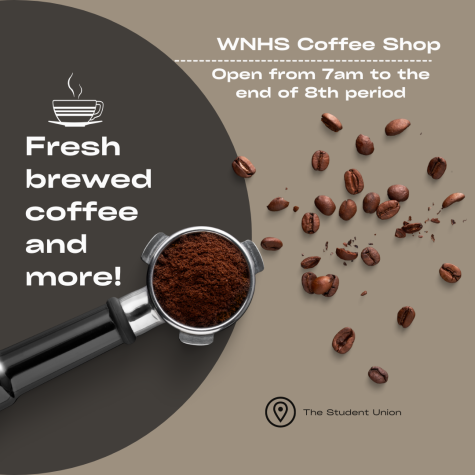


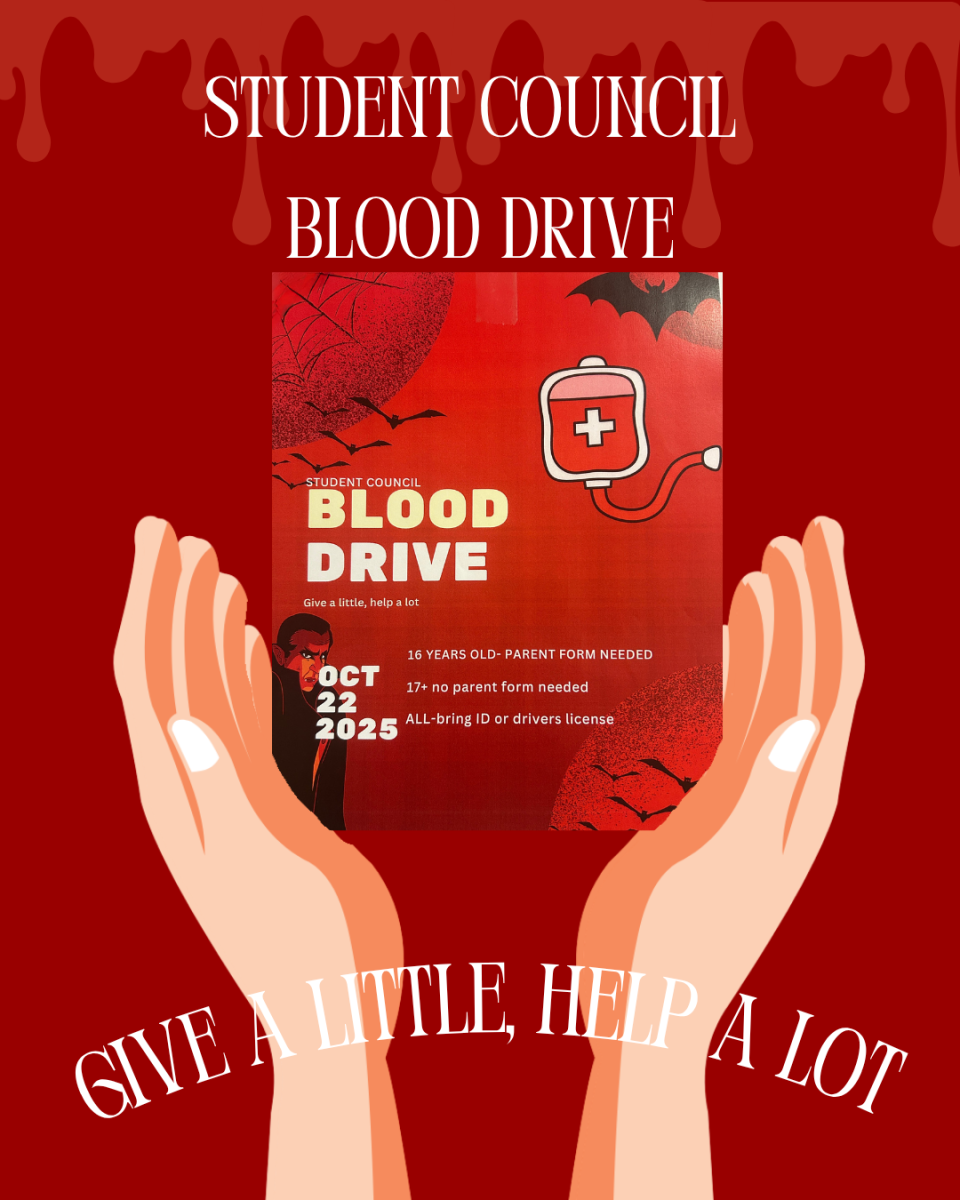








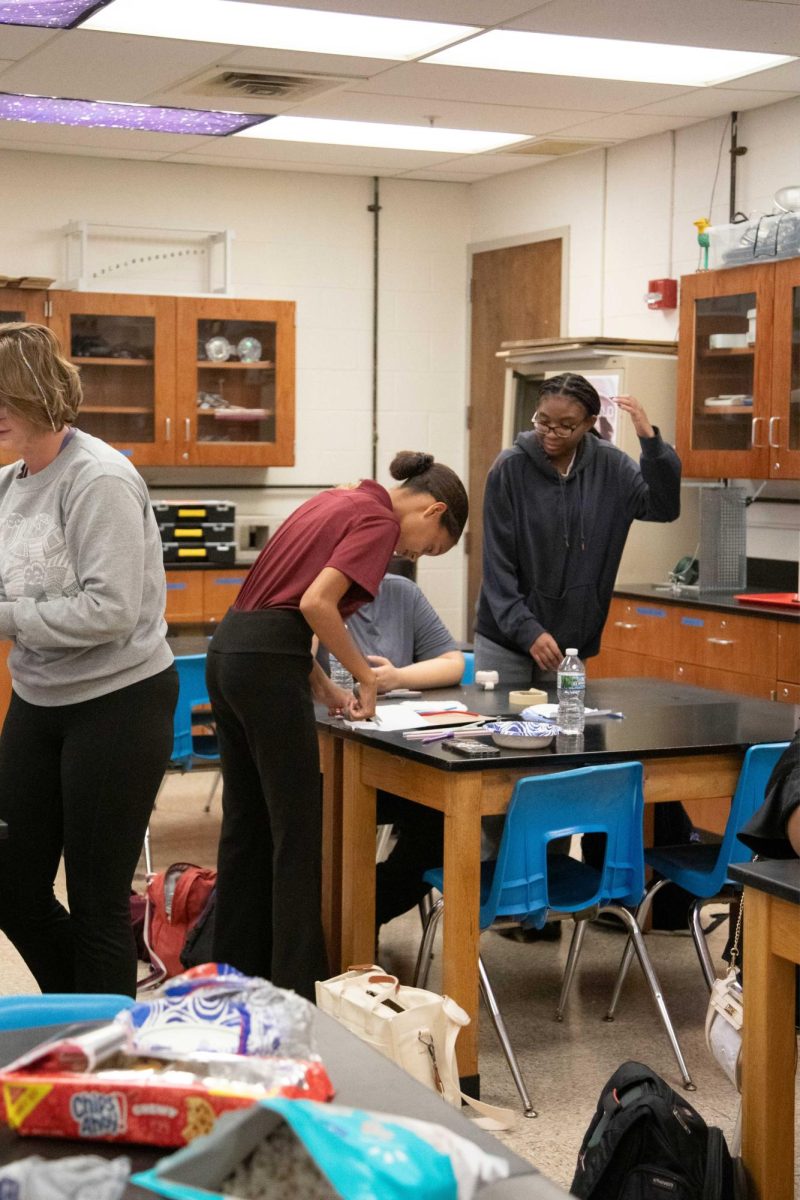




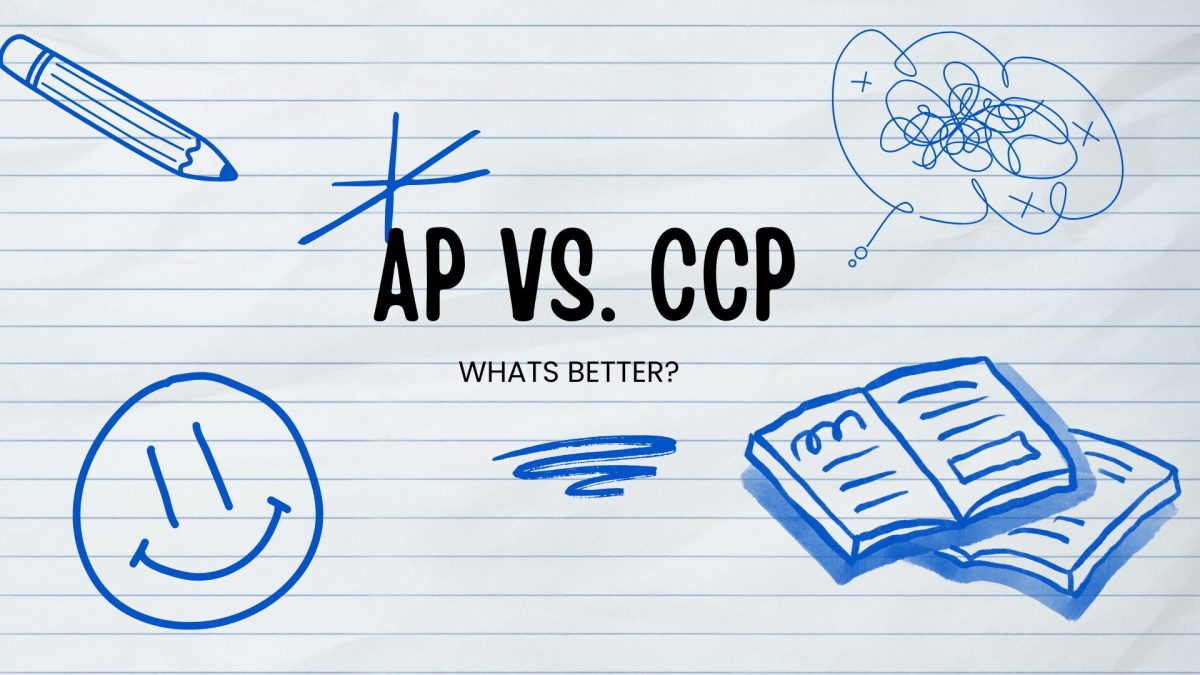




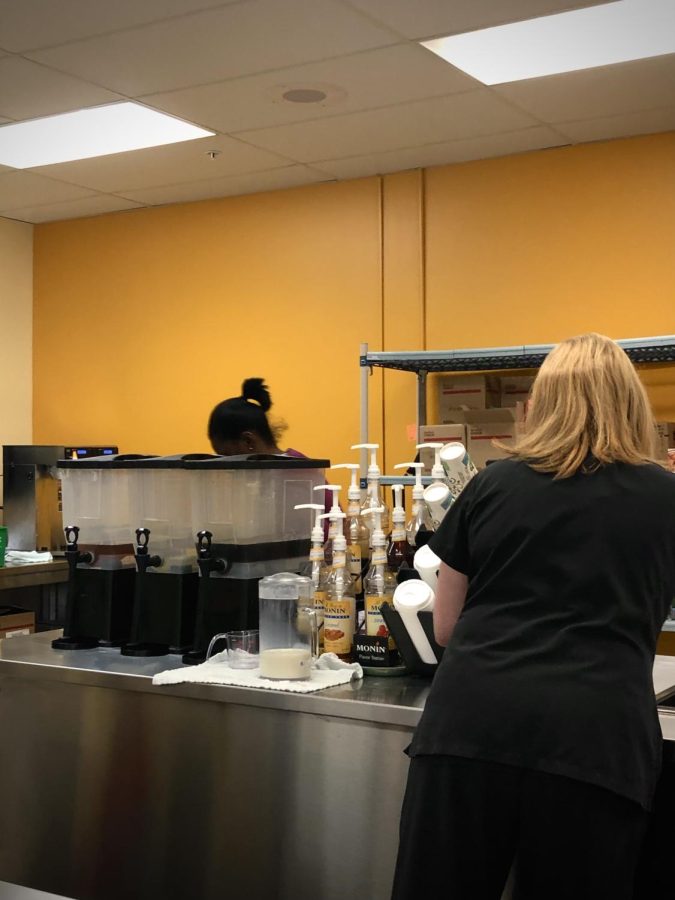







Talia • Mar 5, 2022 at 12:36 am
i love caffeine so learning about it’s effects is very interesting!